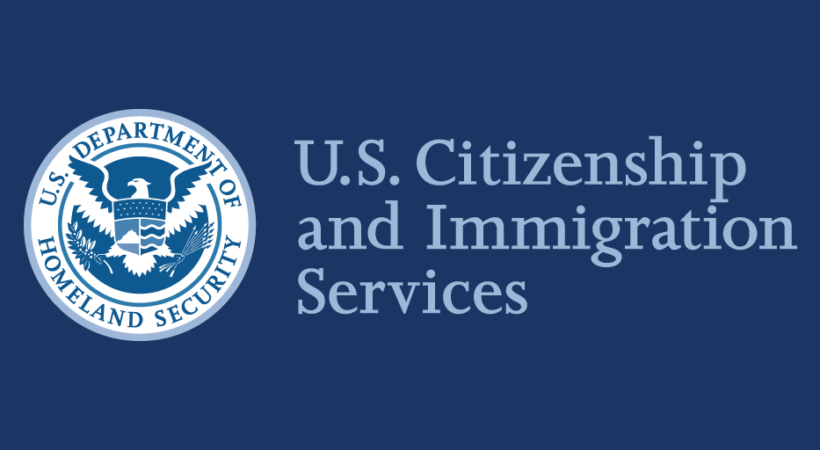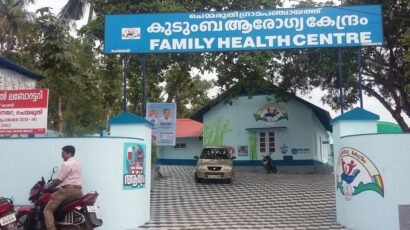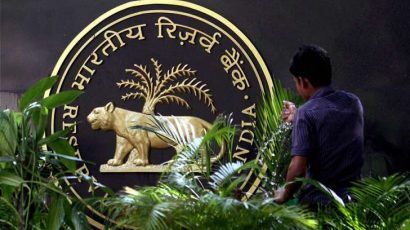New decision of USCIS: Indian spouses to benefit

The US Citizenship and Immigration Services (USCIS) has stated it’s plan in the U.S district court that to suspend bio metric requirements for H-4 and L-2 visa holders who are seeking work permits.
The move, that is expected to speed up the processing of applications, is beneficial for H-4 and L-2 visa holders. An extension for the H-4 visa and work authorization renewal cannot be done earlier than six months before the expiry of the visa status.
The processing delays has been causing job loss for H-4 visa holders.
It was the Trump administration which implemented a new bio metrics requirement for H-4 and L-2 and other dependents seeking to extend their stay in the US in 2019. Since then, it has caused extraordinary processing delays and risk of income loss.
The USCIS’s new decision has come in response to a lawsuit filed by top American association of immigration lawyers against the Department of Homeland Security for extraordinary delays in processing employment authorization documents (EADs) of spouses of foreign workers in the country on H-1B and L1 visas, a significantly large number of whom are technology professionals from India.
An official announcement has not yet been made by USCIS but it is expected that the suspension will apply if EAD applications are pending on May 17, 2021, and the applicants have not yet received a biometric appointment notice. The suspension will also apply for applications filed on or after this day, through May 23, 2022, a Times of India report noted.
The spouses of H-1B visa holders hold an H-4 dependent visa whereas spouses of those on an intra-company transfer – L1 visa holders, hold an L-2 visa.
According to the USCIS, there is a backlog of 57,500 EADs for H-4 and L-2 applicants.
H4 EAD was introduced by the Barack Obama administration in 2015.
Earlier, the Biden administration had formally withdrawn Trump administration proposal to scrap the functioning of H4 EAD (Employment Authorization Document) that allows the spouses of H-1B visa holders to work.















